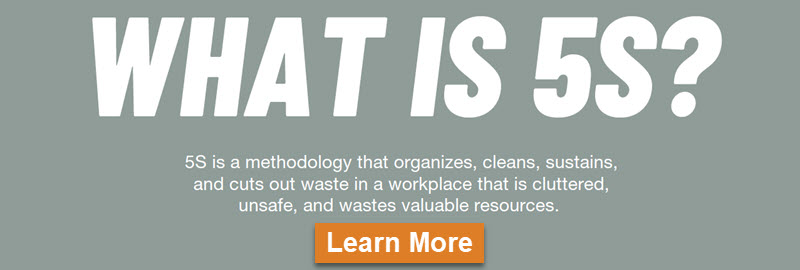
Wyoming State Sign Regulations
Our Wyoming State-Specific Signs Compliance – Resource Bulletin will help you understand a variety of signage rules, regulations and requirements enacted in the state. Topics include:
- No smoking signs
- Swimming pool signs
- Concealed weapon signs
- Cell phone signs
- Baby surrender signs
Use the Download button to open this bulletin as a pdf file.
Bulletin Overview
No Smoking Signs
The State of Wyoming only prohibits smoking in places where there is a danger of explosion and in mines. (30-2-602) (30-2-604) (30-2-602) (30-3-303)
Swimming Pool Signs
The Wyoming Department of Agriculture stipulates the rules governing the use of public swimming pools and spas. The law is administered by the Consumer Health Services division of the department and requires the posting of signs at public swimming pools and spas.
Concealed Weapon Signs
The State of Wyoming allows residents of the state to carry a concealed firearm (CCW) as long as they legally own a weapon in the state. No CCW permit is required. They may choose to obtain a CCW permit in order to be able to carry a firearm in other states honoring Wyoming’s permit. An applicant for a permit must at least 21 years old, has not been convicted of a felony, does not have a documented addiction to alcohol or a controlled substance, does not have a serious mental illness, and has completed an approved firearm training program. There are certain places such as schools, taverns, courtrooms, correctional facilities, law enforcement facilities, etc. where CCW is forbidden even with a permit. Washington honors the CCW permits of a number of other states. (WY Stat Sec. 6-8-104)
Cell Phone Signs
The State of Wyoming bans the use of hand-held cell phones for texting communications by all drivers of motorized vehicles. The law, 31-5-237, became effective on 7/1/2010.
Baby Surrender Signs
Since the first baby surrender (safe-haven) law was enacted in Texas in 1999, all U.S. states, as well as the District of Columbia, have passed safe-haven legislation. The laws allow an unharmed infant to be relinquished to the proper authorities.


